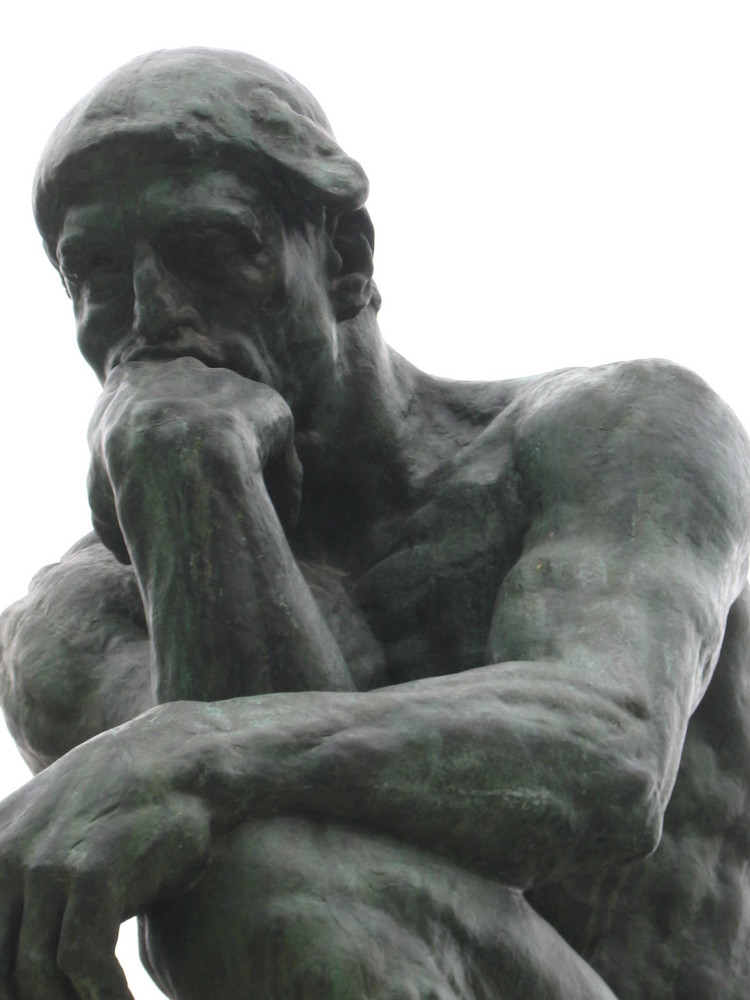Intuition is not reliable
Intuition can be understood, roughly, as a mental process by which we come to know something immediately, without conscious reasoning. Intuition can arise from familiarity with a given domain, and can lead to extremely efficient decision processes, such as in chess, neonatal care or fire-fighting, where the player, doctor or fire-fighter has seen so many instances of the issue at hand that they immediately “know” how to tackle it (Klein, Gary, 1998, Sources of Power, MIT Press). In those cases, intuition may be the sinking into unconscious neuronal inferences of previously conscious learning. After all, our conscious thoughts are probably just a sliver of all the inferences that take place in our vast brains (which argument can be repurposed into a probabilistic argument that the unconscious of the psycho-analysts actually exists). A corollary is that there are realms for which we have no intuition, namely, those that we are not familiar with. For example, we are constantly surprised by the phenomena of quantum mechanics, such as the wave/particle duality, the non-locality in the 2 slits experiment, quantum teleportation (and many others), because we have no innate familiarity with the realm of subatomic length scales (or the realm of high velocities for that matter, and we have correspondingly no intuition for the paradoxes of Einsteinian relativity, such as length contraction or time dilation).
In popular usage however, it is not uncommon to see intuition used in an epistemic way, that is, as a means to establish knowledge. One will say for example that they intuitively know that humans are not animals. Another will say that their intuition tells them plants have feelings like humans. Yet another one intuitively knows that some drugs are harmful to them. There is no shortage of beliefs based on intuition. But any knowledge claim requires critical examination, to at least reduce the possibility of error, and intuition is never a valid justification for knowledge claims. It is not admissible because it depends only on the internal state of the subject making the claim. The subject could be lying, could be fooled by their senses, or under the influence of any number of drugs, emotions, or other people. The internal state or frame of mind of any particular subject cannot be a good source of useful, reliable, effective knowledge.
We should require that any knowledge claim be adequately supported by evidence or verification prior to admitting it in our store of knowledge. And there are only two ways to provide support for a knowledge claim: via an observation against the natural world, or via deduction from prior knowledge using sound rules of logic. In each case, verification is supplied by mechanisms that are independent of, and external to, the subject: either Nature is called as witness, or the rules of logic are the guarantor of reasoning. In both cases, the possibility of error is greatly minimized if not eliminated altogether. Neither mechanism is capable of fooling us like the internal state of a subject. Intuition can be used as a guide for decision making, but it is never admissible to establish knowledge. Knowledge cannot be established by intra-subjective methods. Knowledge always requires external confirmation, and is established by inductive or deductive reasoning.
